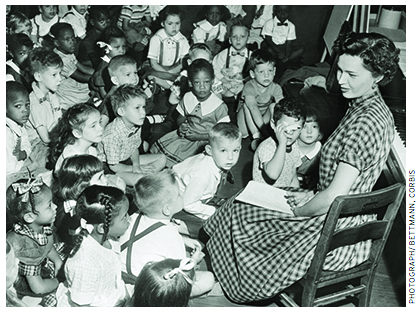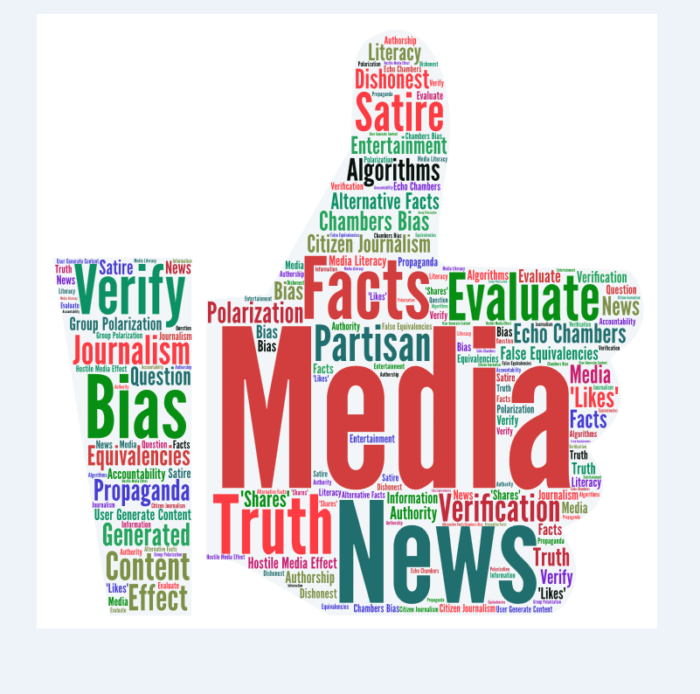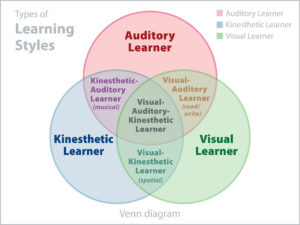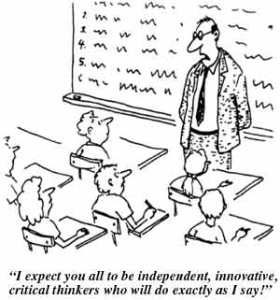Nov 21 2019
Virtual Education

When I was in high school in the 1970s, computers were just entering the school environment. We had a small computer lab with embarrassingly primitive computers by today’s standards, but at the time they were cool. I remember using one very simple DOS-based program that taught the user how to use chemical nomenclature. It was a simple game where you get asked to solve a problem and then are given immediate feedback. I was impressed at how quick my learning curve was using this simple individualized feedback mechanism. Basically this was a video game designed to teach one skill, and it worked really well.
At the time, and really ever since, I figured that in the near future schools and education would be transformed by this technology. Now, four decades later, I am surprised at how little such technology has been incorporated into the classroom. My teen-aged self would be shocked.
For sure there is great educational software out there. But they are mostly commercial products intended to use at home. If you want to learn a language, or improve your child’s reading skills, there are apps for that. It is still a lot less than I would have figured, and less than it should be. And what’s missing is a comprehensive virtual educational curriculum designed for use by schools. The bottom line is that I don’t think we are leveraging this technology as much as we should, by at least an order of magnitude.
I was reminded of this by a recent study that finds that young children learn basic math skills more quickly from an AI virtual character. What they call “parasocial” interaction (because it is with a virtual character powered by AI) improved the math skills of children beyond computer learning without the virtual character.
I am seeing moves in this direction. Certainly many schools (those with adequate resources) have access to computers for their students, and often they are incorporated into their assignments. I have a daughter in college and another still in highschool, so I just witnessed a standard public education in a fairly affluent part of the country. My overall assessment is that computer learning is an afterthought. It has not been integrated into the learning experience. Their education was and is still essentially based on teachers and text-books. This style of education is obsolete, and extremely inefficient compared to what it can be.

 Like many activist skeptics I have spoken to, on several occasions I have been summoned to jury duty, which was a short-lived experience. On voir dire I was asked what I do and the fact that I host a skeptical podcast came up. This lead to my almost instantaneous dismissal. Lawyers, apparently, don’t want a skeptical jury. They want jurors they can manipulate. Likewise, politicians often appreciate a pliable electorate, willing to internalize whatever slogan or propaganda they feed them. Democracy, however, functions best when citizens are informed and can think critically about the information politicians and their government are feeding them.
Like many activist skeptics I have spoken to, on several occasions I have been summoned to jury duty, which was a short-lived experience. On voir dire I was asked what I do and the fact that I host a skeptical podcast came up. This lead to my almost instantaneous dismissal. Lawyers, apparently, don’t want a skeptical jury. They want jurors they can manipulate. Likewise, politicians often appreciate a pliable electorate, willing to internalize whatever slogan or propaganda they feed them. Democracy, however, functions best when citizens are informed and can think critically about the information politicians and their government are feeding them. The usual caveats apply – this is one study in a limited context showing only correlation and using a psychological construct. I also have to be careful because the study confirms what I already believe. Having said all that, it is interesting and is probably telling us something about people with extreme political views, especially when other research is considered.
The usual caveats apply – this is one study in a limited context showing only correlation and using a psychological construct. I also have to be careful because the study confirms what I already believe. Having said all that, it is interesting and is probably telling us something about people with extreme political views, especially when other research is considered. Are you a visual learner or an auditory learner? Perhaps you learn best when studying material hands on. Or perhaps it doesn’t matter, and the entire concept of different people having different learning styles is not valid.
Are you a visual learner or an auditory learner? Perhaps you learn best when studying material hands on. Or perhaps it doesn’t matter, and the entire concept of different people having different learning styles is not valid. The battle between truth and fiction is asymmetrical. While that seems to be the case, now we have some empirical evidence to back up this conclusion. In a recent study researchers report:
The battle between truth and fiction is asymmetrical. While that seems to be the case, now we have some empirical evidence to back up this conclusion. In a recent study researchers report: The fight over science in public education continues, and if anything picked up considerably in 2017. Earlier in the year
The fight over science in public education continues, and if anything picked up considerably in 2017. Earlier in the year  One of the (perhaps) good things to come out of the recent political climate in the US is a broader appreciation for the need to teach critical thinking skills. I hope we can capitalize on this new awareness to make some longstanding changes to our culture.
One of the (perhaps) good things to come out of the recent political climate in the US is a broader appreciation for the need to teach critical thinking skills. I hope we can capitalize on this new awareness to make some longstanding changes to our culture. As we enter a new legislative session in many states we are also faced by a
As we enter a new legislative session in many states we are also faced by a  Donald Trump has just named
Donald Trump has just named A recent study
A recent study 




